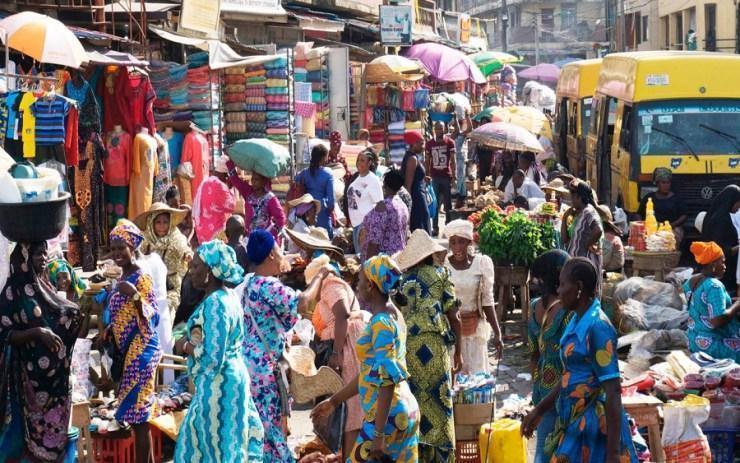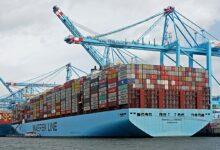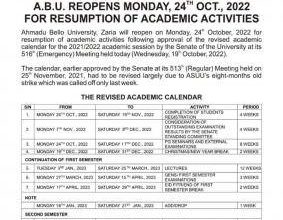
10 Challenges Facing the Nigerian Economy
Challenges Facing the Nigerian Economy- Nigeria, the giant of Africa is estimated to be the largest economy and one of the fastest-growing world economies. Although, heavily dependent on the oil sector accounting for about 70- 90% of its revenue. The government has made some efforts to diversify over the years and this involves significant inputs from sectors such as telecommunications, finance, and agricultural sectors.
Despite this progress, the Nigerian economy continues to be bedeviled by high inflation, poor foreign investment levels, a large informal sector, and poverty. Hence, for results to be sustainable more work is needed to achieve the required growth and development. 10 Challenges Facing the Nigerian Economy
👉 Relocate to Canada Today!
Live, Study and Work in Canada. No Payment is Required! Hurry Now click here to Apply >> Immigrate to CanadaRead Also: 10 CHALLENGES STUDENTS FACE IN NIGERIAN UNIVERSITIES AND POSSIBLE SOLUTIONS
What is an Economy?
An economy is a system involving the production, consumption, and exchange of goods or services by different individuals, officials, and businesses in a specific area or country. It is a comprehensive system that includes factors such as supply and demand, the interplay of the market forces, and policies of the government, that determine the production, and distribution of goods and services
What is the Nigerian Economy?
Nigeria’s economy is the largest in Africa and the 31st largest in the world in terms of nominal Gross Domestic Product (GDP). It is a mixed economy which combines some elements of both market and government control. Oil is the main stream of income for the Nigerian economy, accounting for over 70-90% of its revenue. However, the agriculture sector is also significant for certain crops like yam, maize, and cassava serving as export items.
Types of Economic System in Nigeria
The following are the main types of economic systems in Nigeria:
- FreeMarket economy: In this type of economy, the prices are not pre-determined by the government, rather the forces of market supply and demand are responsible for price determination.
- Command economy: In this kind of economy, the government is in charge of the production and distribution of goods and services. Information Guide Nigeria
- Mixed economy: This is a blend of the free market economy and the command economy. As a mixed economy, Nigeria has the elements of a market and a command economy. While the government regulates certain industries and ensures that basic services are provided, the private sector propels economic growth through market-oriented activities. Romantic Love Messages
Read Also: 10 Challenges Facing The Quranic And Islamiyya Education In Nigeria
Components of the Economic System]
Economic Systems are comprised of several key components, which include:
- Production: Production or manufacturing refers to the creation of goods and services and the conversion of raw materials and other inputs into a desired output.Information Guide Nigeria
- Distribution: This refers to how goods and services are distributed among different groups of people. It is how the goods move from the point of production to the final consumers.
- Exchange: Exchange entails the buying and selling of goods and services in various markets, It also involves the determination of prices and the allocation of resources based on the interplay of the forces of supply and demand.
- Consumption: Consumption refers to the utilization of goods and services by consumers.
- Government intervention: Intervention refers to the role the government plays in ensuring stability, growth, and policy implementation.
- Foreign trade: Foreign trade refers to the exchange of goods and services among nations of the world.
Read Also: 10 CHALLENGES FACING DEVELOPMENT IN NIGERIA TODAY AND IN THE NEAR FUTURE
History of Economic Challenges in Nigeria
Nigeria has encountered numerous economic challenges since gaining its independence from Britain in 1960.
First was the military rule, which began in 1966 and continued till 1999. This period was characterized by poor governance and continued economic mismanagement, and as a result, the economy suffered a decline and poverty increased among the people. Good Morning Love Message
👉 Relocate to Canada Today!
Live, Study and Work in Canada. No Payment is Required! Hurry Now click here to Apply >> Immigrate to CanadaIn the 1970s, Nigeria suffered from oil fluctuations as its major source of economic revenue was the Oil market. This led to a sharp economic decline and stagnation in some areas. Also, the structural adjustment program which was adopted as a reformative program did not produce the desired effect, rather it triggered economic disruption, leading to job losses and reduced spending. International debts are another challenge Nigeria had as loads of debts were and are still being accumulated to this day from international organizations such as the international monetary Fund.
Read Also: 10 CHALLENGES FACING UNIVERSITY EDUCATION IN NIGERIA
Then to crown it all, Corruption has been a persistent challenge in Nigeria’s economic existence since independence and has greatly affected economic development and reduced foreign investment.
10 Challenges Facing the Nigerian Economy
The Nigerian economy has had loads of economic challenges affecting it. Some of these challenges are outlined below:IMF growth projection shows we are doing something right – Emefiele
- Chronic Corruption: Corruption is a major issue that affects the economic growth and development of Nigeria and sabotages the efficient allocation of resources and causes a drastic reduction in foreign investment.
- Infrastructural inadequacies: Presently, Nigeria experiences significant infrastructure deficiencies, including poor road networks, and inadequate access to healthcare, electricity, water, and other needed amenities.
- Overdependence on Oil: Nigeria’s economy is over-dependent on oil exports and this makes it susceptible to fluctuations in the global market.
- Inadequate Power Supply: The power sector in Nigeria is plagued by poor generation and distribution and this leads to incessant blackouts and high business costs for more companies. JAMB Portal
- High levels of Unemployment: High levels of unemployment in Nigeria, particularly among young adults is a major challenge to the economy.
- Inflationary pressures: Inflationary pressures, caused by factors such as food scarcity and rising fuel prices, are also major issues affecting Nigeria’s economy
- Poverty: Despite its wealth, Nigeria is still one of the poorest countries in the world because a very large percentage of its population still lives in poverty. NYSC Portal
- Non-Diversification of the Economy: Nigeria’s economy is not well diversified. There is a heavy reliance on oil and a total neglect of other natural resources,
- Poor Leadership and Governance: Nigeria’s system of governance is weak and replete with a lack of accountability and this poses a big threat to economic development.
- Insecurity: Security issues such as terrorism, kidnapping, and religious clashes, are challenges to the country’s economic growth and development.How to Transfer From Wema Bank to Sportybet
Read Also: 10 Current Challenges Of Nigeria
Conclusion
In conclusion, Nigeria has experienced several economic challenges over the years, including corruption, over-dependence on oil, lack of diversification, lack of good leadership, oil price volatility, and military rule. Although the country has made some progress in tackling these challenges, there is still a lot of work to be done to stem these issues. A combination of effective governance and strategic investment in important sectors in addition to stemming corruption will go a long way to address these challenges.
Check JAMB RESULT
Check and Confirm: How much is Dollar to Naira





